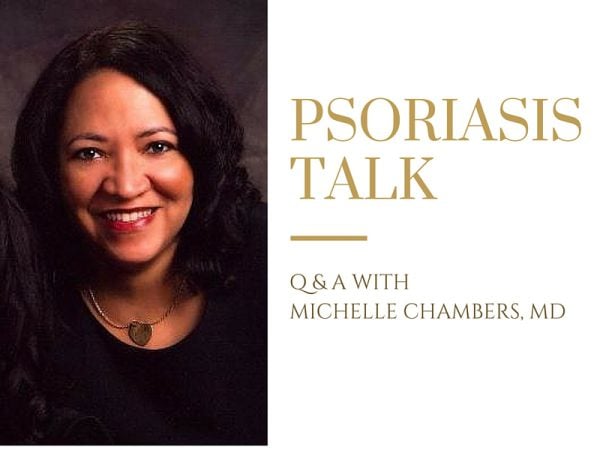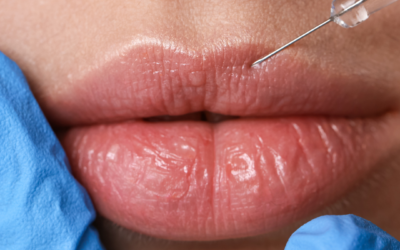
Living with psoriasis can feel very challenging at times and one thing that helps is to talk about it. Since our own Forefront dermatologist, Dr. Michelle Chambers is an expert in psoriasis treatment, we thought we’d ask her for some insight on some common questions. Q: Dr. Chambers, in your opinion, how does psoriasis affect daily life, both day-to-day activities and the quality of life? Since psoriasis has physical changes that are visible, there is a huge psychological component to the disease. Patients also have a higher incidence of depression due to the social stigma associated with this skin disease. Psoriasis on the hands can interfere with activities of daily living. Patients with psoriasis have itching and sometimes have bleeding lesions associated with scratching. In addition, there are multiple co-morbidities such as cardiovascular disease and arthritis that can be seen with psoriasis. It is widely accepted that psoriasis is a systemic disease not just a skin disease. Q: What are some of the current treatment options for psoriasis that are available and in development? There are many treatment options for psoriasis that range from topical treatments to systemic treatments. For mild psoriasis topical steroids and topical vitamin D are a great option. The side effects are minimal. For more severe psoriasis treatments such as Narrow band UVB, topical PUVA ( psoralens and UVA) are still available and are effective for some patients. There are systemic treatments that work well for severe psoriasis such as methotrexate and cyclosporine. These agents work by suppression of the immune system, but not in a specific manner. The newer “biologic” treatments for psoriasis are an exciting advance in treatment. It is now known that the “T cell” in psoriasis releases inflammatory components that affect multiple systems in the body. These newer agents work by suppressing specific agents in the inflammatory pathways of the immune system that are abnormal in psoriasis. The cell cycle in the epidermis is also faster than normal leading to faster cell turnover and the buildup of scale on the skin. Q: We have heard about psoriasis immune disorder. Does psoriasis weaken your immune system? Patients with psoriasis have an abnormality in the T cell response that is overactive. The disease itself does not suppress the immune system but many of the treatments work by suppression of the immune system. Q: Is psoriasis more common in women than men? There is an equal incidence in men and women. Q: What are some recommendations for overall health to keep psoriasis under control? Some things that will flare psoriasis includes trauma, infections especially strep, stress and certain meds such as lithium, beta blockers and antimalarials. Michelle Chambers, MD is a Board-Certified Dermatologist with Forefront Dermatology in Columbus, Ohio. She specializes in psoriasis treatment (including biologics and phototherapy) as well as skin cancer detection and treatment, acne, rosacea, eczema and cosmetic dermatology (including Botox, fillers, laser hair removal, laser genesis, IPL, Titan and chemical peels). For more information and appointments, you can call (614) 754 -8781.





